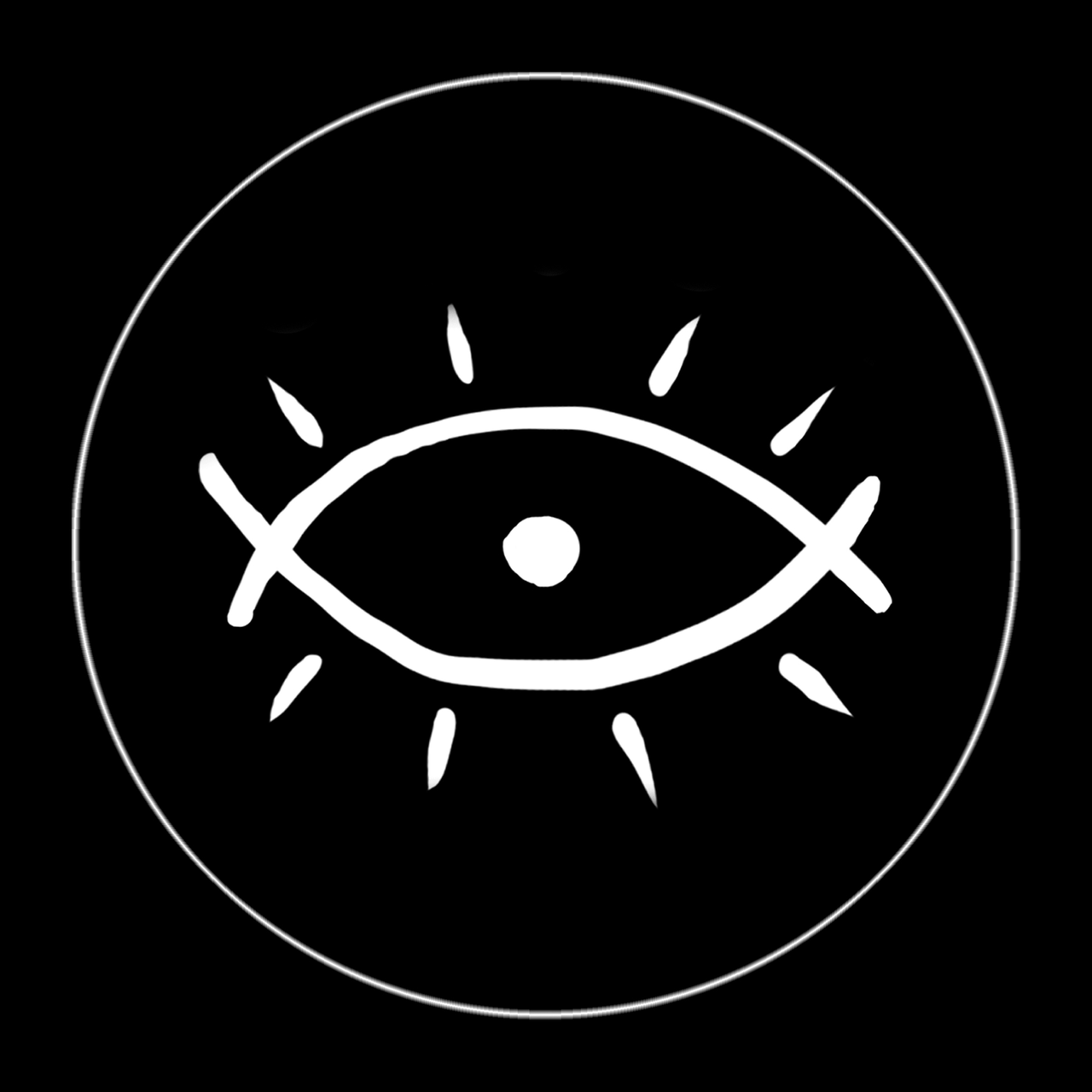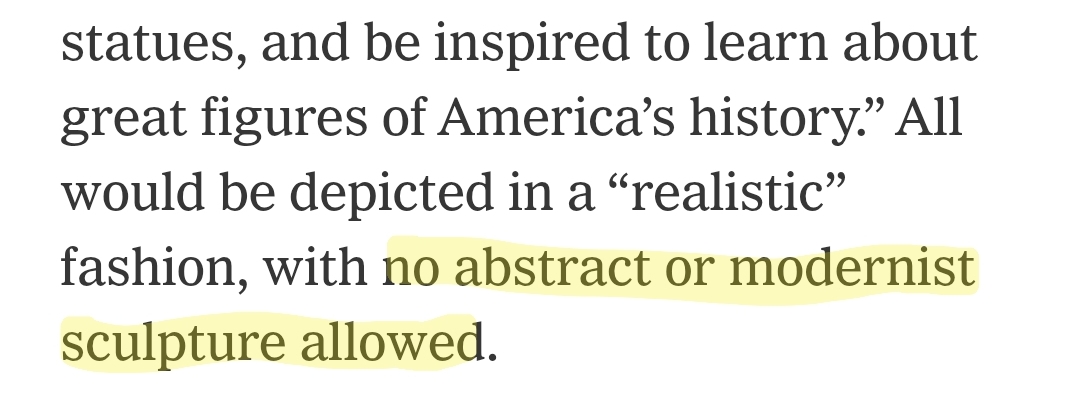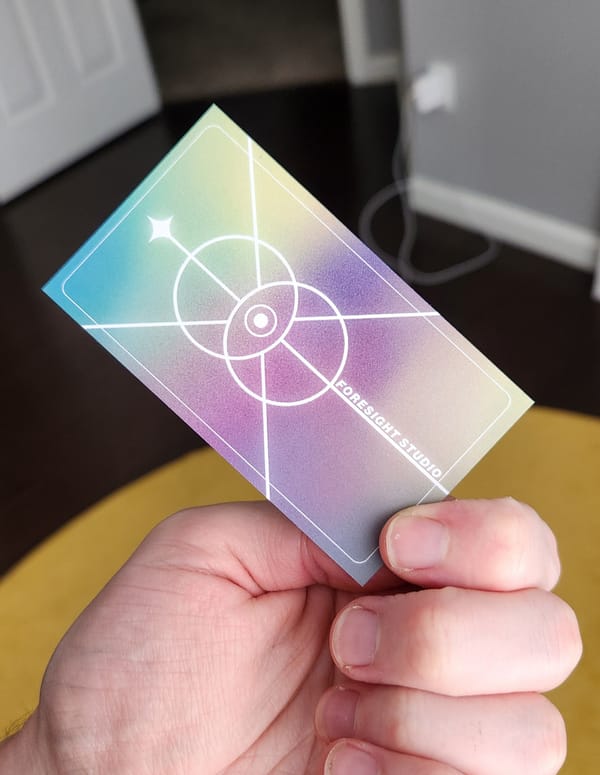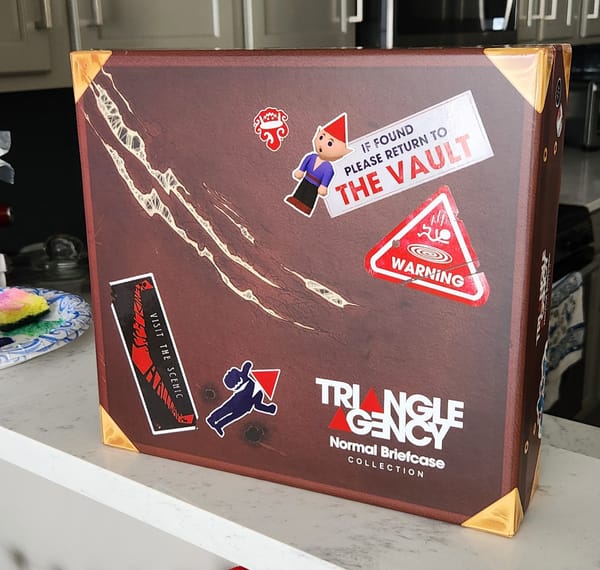The Fascist Fears Art
On the myth of "escapist art," and why fascists fear it

Some strange days us Americans are living through, huh? Sadly, it does feel like the natural conclusion of a system that prioritizes profit over people. It’s especially acute right now, but I mean… we’ve been living that dystopia life for a while, y’all.
On that uplifting note, this month’s newsletter is not quite so specifically TTRPG oriented. This month, I’m writing a bit about why art especially matters right now, and will only matter more in the months and years to come.
But first, games updates:
At the beginning of this month, I published an early version of The Firmament, a tarot-based roleplaying game for a 1-3 hour session of play, solo or with up to 6 players, inspired by ancient Near Eastern cosmology and Kabbalah (one of my favorite flavors of esotericism1). I’ll write more about it in a future newsletter, but in the meantime, it’s available for a reduced price while in playtesting!
Last Sunday, Triangle Agency won Game of the Year at the IGDN Indie Groundbreakers.
I have a couple of freelance layout projects and a writing project currently cooking, which I’m excited to eventually share more about.
And hopefully within the next month or two, I’ll have AGAIN (the time loop system I’ve been working on) ready for playtesting, so keep an eye out.
This newsletter hit 100 subscribers yesterday - thank you for reading! I may not post very regularly, but I do my best to put a lot of thought into what I share with you, and I hope you take something useful from it.
Now let’s get into it. This newsletter will touch on the current state of US politics, so if that’s something you aren’t feeling at the moment, just a heads up.
No Escape
A common critique of art is that it is used to escape or ignore the harsh realities of our society. This debate is not new, and has been used to assert that sci-fi and fantasy, video games, certain movies, TV shows, and so on are harmful or childish. But I would argue that no art can be considered escapist, no matter how detached from reality, because all art is a product of its context.
Generally speaking, people write about escapism from the perspective of genre fiction.2 Literary criticism links escapism to fantasy, to pulp. I don’t think it’s controversial to say that there’s merit in understanding and questioning the predominant modes and narratives of pulp—why, for example, there was a boom in hardboiled detective fiction in 1930s America, or why the Marvel Cinematic Universe is the way that it is (capitalism, mostly, and the assertion of American cultural supremacy3).
You can enjoy art. You can escape into art. But you can always take a step back from any piece of media and examine it in dialogue with the social, economic, and political environment in which it was produced (like, please think about why you like true crime narratives… cause the proliferation of these stories feels dangerous, exploitative, and irresponsible to me). Tabletop RPGs are certainly no exception. Look at their history, a Frankenstein’s monster assembled from centuries-old improvisational parlor games and tactical war games, which themselves were descended from ancient storytelling and military tradition. Look at the impulse to act out power fantasies, the rulesets that tell you that the way to grow is to kill. Look at their history, and now, their commodification.4
Escape is in the consumer, not in the art. Art just opens the door to a possibility, an idea. You can escape through that door for a bit, come back and close it behind you. Or you can see the ideas it contains, explore them, and decide what they mean for your life and the world you live in.
In 2011, Ursula K. Le Guin wrote on the importance of “escapist” fiction:
How do we know it’s subversive? Well, the Nazis famously purged “degenerate” art, largely abstract, modern, and Expressionist art, in an effort to control the culture.6 And, well, right now in the USA…

Le Guin also wrote:
Upholders and defenders of a status quo, political, social, economic, religious, or literary, may denigrate or diabolize or dismiss imaginative literature, because it … has proved, over many centuries, a useful instrument of resistance to oppression.
So let’s talk about why fascists are so afraid of art.7

The Fascist Fears Art
The fascist fears art that challenges narrative convention because if there are only heroes and monsters, if there is only good and evil and the two cannot be mixed, it is easier to convince us that the fascist is good and anyone they say is evil is evil. They say no monster can be redeemed or understood, only slain. If fascists are the heroes in this narrative, and a hero cannot be monstrous, they become untouchable.
But in reality, anyone is capable of both monstrous and heroic behavior. That scares them, and maybe it even scares you. The fascist is incapable of giving people the benefit of the doubt, because anyone could be a monster, until it's proven they're a hero. (This is reminiscent of a psychological phenomenon called "splitting," in which everyone is either your friend or an enemy, a characteristic of borderline personality disorder and several other pathologies.8)
The fascist fears art that defies tradition because the brain is a pattern recognition machine, and presenting it with unusual patterns stretches its limits into discomfort, which the mind interprets as danger. The mental and emotional flexibility to adapt to patterns that break our expectations is how we grow, how we broaden our worldview. Diverse perspectives and challenging art make us smarter, better, and less likely to fall prey to the fallacy that hegemony is synonymous with safety.
The fascist fears art that explores transgression because it cannot be so easily commodified, twisted to the whims of a hungry market, its impact blunted and its intellectual property milked for profit in the decades to come. It cannot be smoothed to palatability, re-written like the USA's history of enslavement, exploitation, and genocide at home and abroad.
The fascist fears art that imagines a better world because fascism can only take root when a better world feels impossible, like a threat to our livelihood and that of the people we care about. Because if the world could be better, you have to face how you and your community have failed to make it so. Because if you’re busy figuring out how to survive, how to pay your rent, how to find your next meal, how to raise your children, you can’t spare the energy to push back. And the fascist fears a populace that can push back, because the fascist is incapable of taking responsibility or admitting culpability—as if doing so will somehow make them look even weaker, more brittle than they obviously already are.
Art helps us imagine different futures and helps us put them into action. It builds coalitions, it inspires joy in the face of horror, reminds us why we fight and what we fight against. It teaches us nuance, and reveals our place in the endless interlocking systems that make up our society, our earth, our universe. Art (and especially play) helps us illuminate, accept, even embrace the parts of ourselves that we don't understand, the parts we might find monstrous, and invites us to cradle them gently, with curiosity and warmth.
Art is not an escape. Art is a tool, a key, a weapon; you can use it to escape, but you can use it for so much more.
My word of caution, my action item for the 50ish of you who are reading this is to remember: you can choose to escape into art, yes, but you can choose to escape into anything. Think critically, deny the impulse to run, and let art inspire you to action.
Looking to the future,
Ben // Foresight Studio
You can find me on bluesky, or come hang out on the Foresight Studio discord server.
I studied Kabbalah in Hebrew school like 17 years ago and it has stuck with me for a very long time. Some very interesting, strange, and beautiful concepts in the belief structure about the nature of divinity and the near-impossibility of comprehending holiness. ↩
On the merits of escapist art, which in this case, is used just about interchangeably with historically “unserious” forms and genres: https://gizmodo.com/escapism-is-the-highest-form-of-art-5374149 ↩
https://www.currentaffairs.org/news/2022/09/u-s-empire-and-the-marvel-moral-universe ↩
https://www.rascal.news/dungeons-dragons-is-an-artifact-50th-anniversary-the-making-of/ ↩
From an essay very worth reading: https://www.ursulakleguin.com/blog/28-it-doesnt-have-to-be-the-way-it-is ↩
https://encyclopedia.ushmm.org/content/en/article/degenerate-art-1 ↩
https://www.theguardian.com/culture/2025/feb/22/trump-administration-arts ↩
For more information, check out this article, or this one. This defense mechanism is thought to be something we grow out of as we learn that our caretakers are capable of behavior we both like and dislike, but something about social media & the predominant narratives of our society seems to be pushing us toward it. ↩



